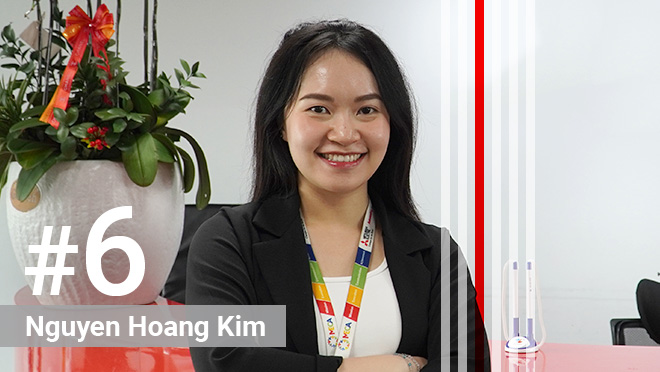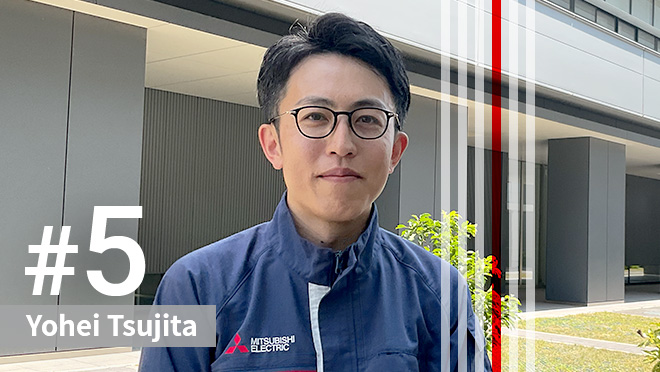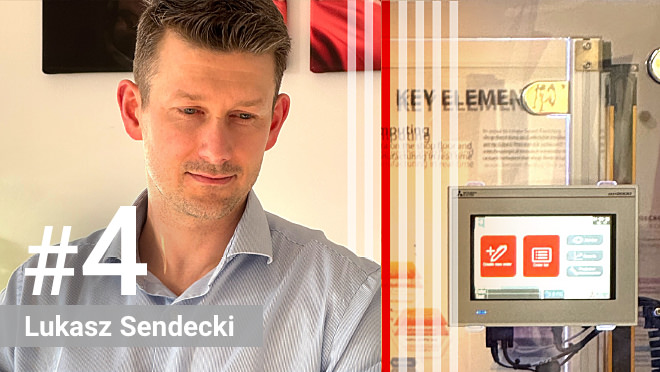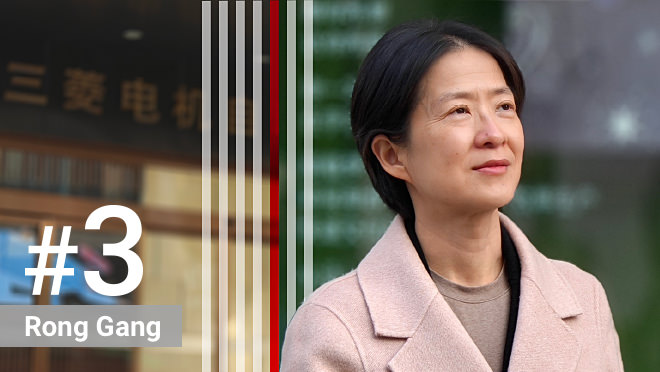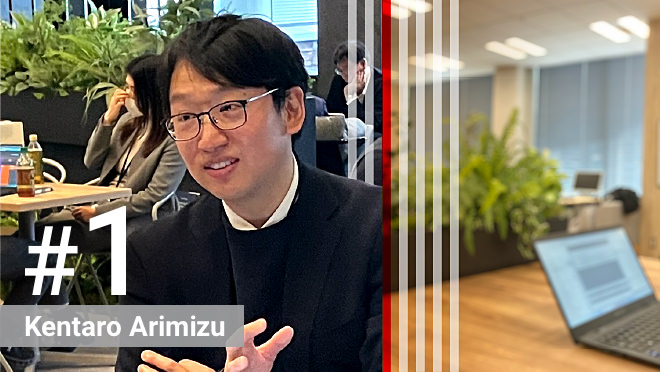About Mitsubishi Electric Factory AutomationThe Road to Automating the WorldInterviews with People Involved in the Factory Automation Systems Business

Believing That Manufacturing Will Become a Socially Responsible Industry, Not Just a Business SectorKim Dae-Sik,
Group Manager, Servo Systems Marketing 2 Team, Drive Systems Business Unit,
joined Mitsubishi Electric Automation Korea in 2008.
2025-03
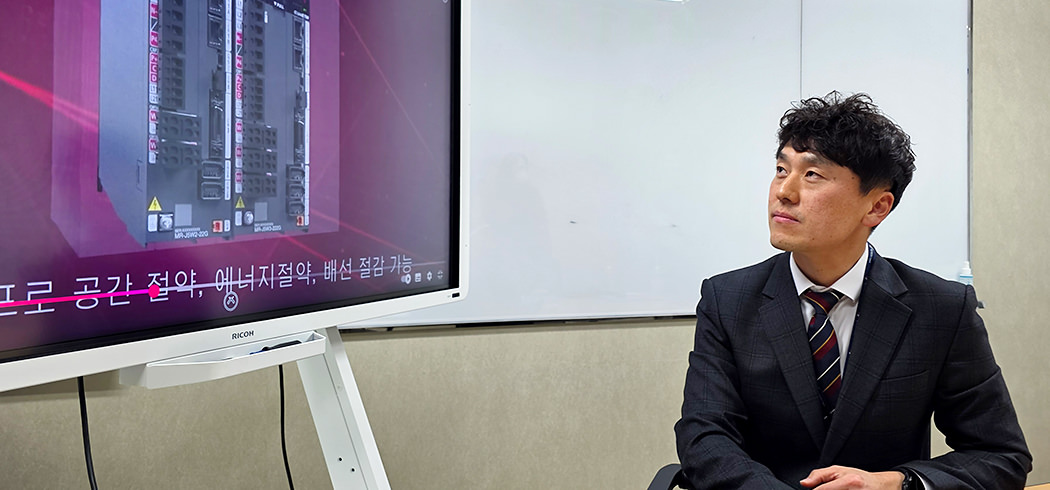
Mitsubishi Electric’s FA systems business aims to enable employees to fully demonstrate their ideas, technologies, and beliefs to achieve the common goal of “Automating the World.”
Through the “Road to Automating the World” series, we share their authentic voices from around the world.
This article features Mr. Kim Dae-Sik who plays a dual role in both customer sales and human resource development.
Always Thinking from the Customer’s Perspective
── What made you decide to join Mitsubishi Electric?
Kim:My goal was to apply the practical skills in electronic engineering that I learned at university to create value for industrial customers—enhancing productivity and improving product quality. Mitsubishi Electric’s Factory Automation Systems Business Group provides automation solutions across a wide range of industries while also offering a stable and structured working environment. I believed this was the ideal place for me to leverage my technical expertise, which is why I decided to join.

── Could you tell us about your current responsibilities?
Kim:In servo system sales, I conduct market trend analysis and develop differentiation strategies to help customers gain a competitive edge. Based on these insights, I propose tailored solutions that align with their specific needs and circumstances.
Additionally, as the group leader of the Servo Systems Division, I focus on understanding the strengths, weaknesses, and working styles of each team member. By distributing responsibilities effectively and providing targeted feedback, I aim to build a strong and cohesive team.
── When interacting with customers, what do you focus on?
Kim:I always try to “think from the customer’s perspective” and “be honest and sincere.” My job revolves around understanding exactly what customers need and how we can contribute to their success.
If an ordered product is not the best fit for a customer’s situation, I make it a point to communicate this openly and suggest an alternative solution that better meets their requirements.

Becoming a Trusted Partner Through Total Solutions
── Was there a particular experience that shaped this belief?
Kim:One defining moment was a challenge we faced regarding delivery times.
A customer had an urgent need, but due to production constraints, we initially thought it was impossible to meet the deadline. However, through discussions, we learned that the customer was struggling to scale up production to keep pace with the surging demand for secondary cells during the pandemic.
To address this, we collaborated closely with our headquarters in Japan and other departments in a cross-border effort. Ultimately, we were able to expedite production and deliver the product as quickly as possible, leading to a mutually beneficial solution.
This experience reinforced my commitment to always thinking from the customer’s perspective. It not only strengthened our relationship with the client but also taught me valuable lessons about problem-solving and perseverance.

── With this mindset, what kind of relationships do you want to build with customers?
Kim:My goal is to become a go-to partner for customers—a status that reflects their trust in me.
I apply the same belief to my team as well. I encourage mutual respect and support among team members, ensuring that everyone considers each other's unique circumstances.

── What do you hope to achieve in your role?
Kim:As someone responsible for the servo system business, my focus is on providing products that meet customer needs while solving their challenges. I aim to earn customer trust by offering solutions tailored to each specific situation.
Additionally, servo systems play a crucial role in enhancing productivity by integrating with industrial machinery and robots. By proposing complete system solutions rather than just individual devices, I hope to address complex manufacturing challenges, support customer growth, and drive innovation in the industry. Ultimately, I believe this contributes to creating social value through manufacturing.

── Finally, could you share your vision for the future of manufacturing?
Kim:I have two major dreams for the future of manufacturing: advancing smart factories for greater efficiency and sustainability, and establishing ethical and transparent manufacturing methods. By harnessing AI, the Internet of Things (IoT), and big data, we can analyze production data in real time. Through automation, we can minimize human intervention while maximizing productivity and product quality. Beyond improving efficiency, I want to promote a fair working environment and eco-friendly production practices. Furthermore, I hope to communicate these efforts to consumers in a clear and accessible way, allowing them to actively support sustainable manufacturing. If we can achieve these goals, manufacturing will evolve into a socially responsible industry—not just a business sector. When these two dreams come true, I believe manufacturing will take a sustainable and innovative path forward.
*This article is based on interviews conducted in February 2025.
